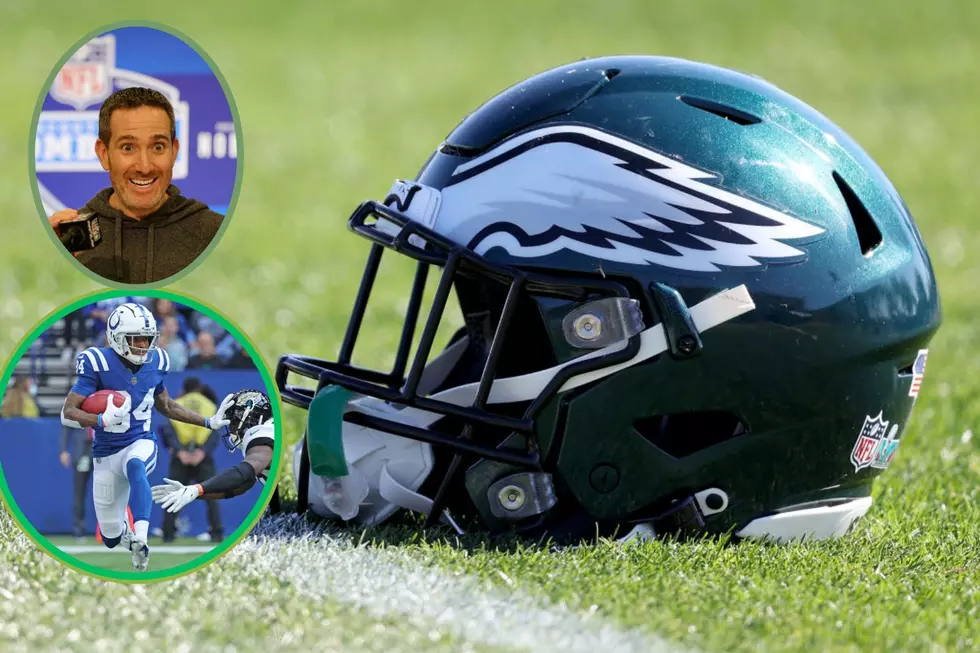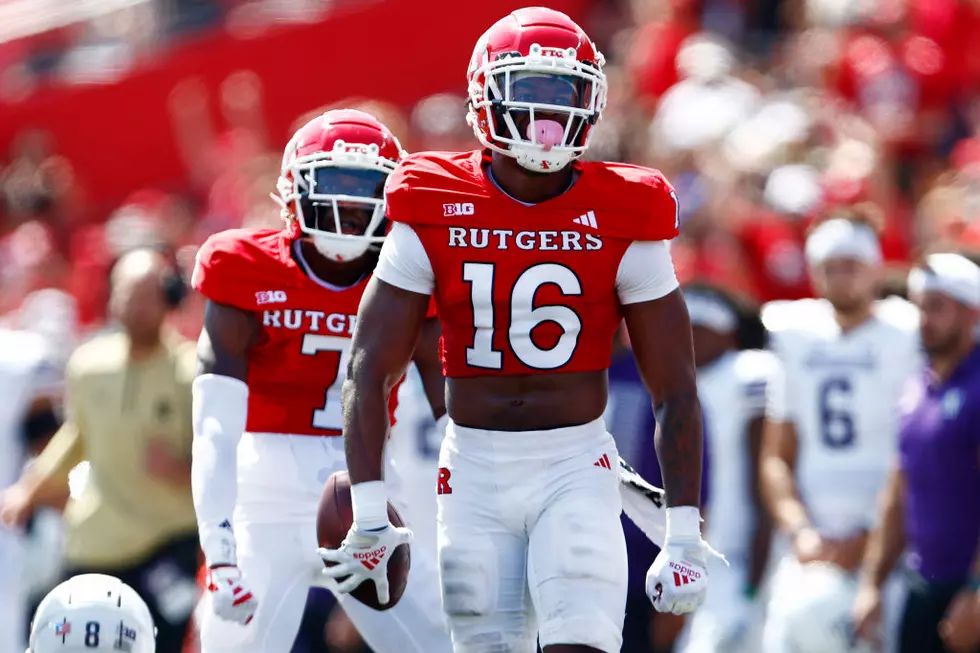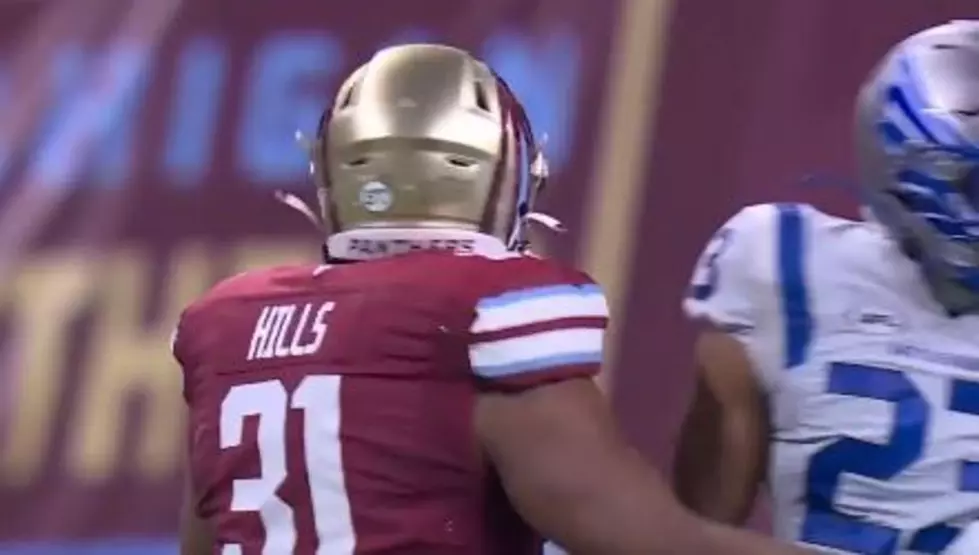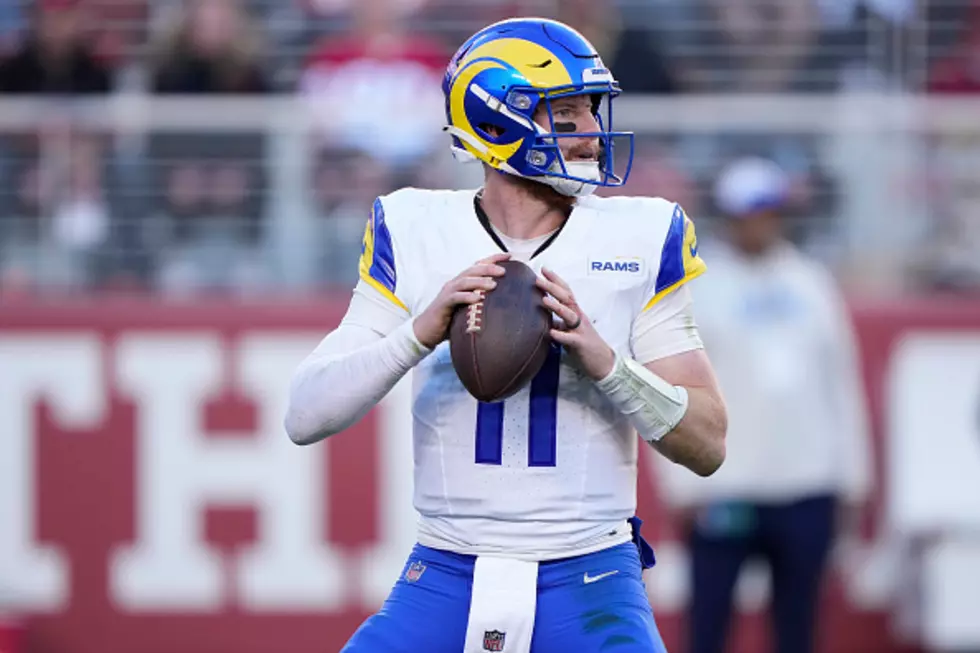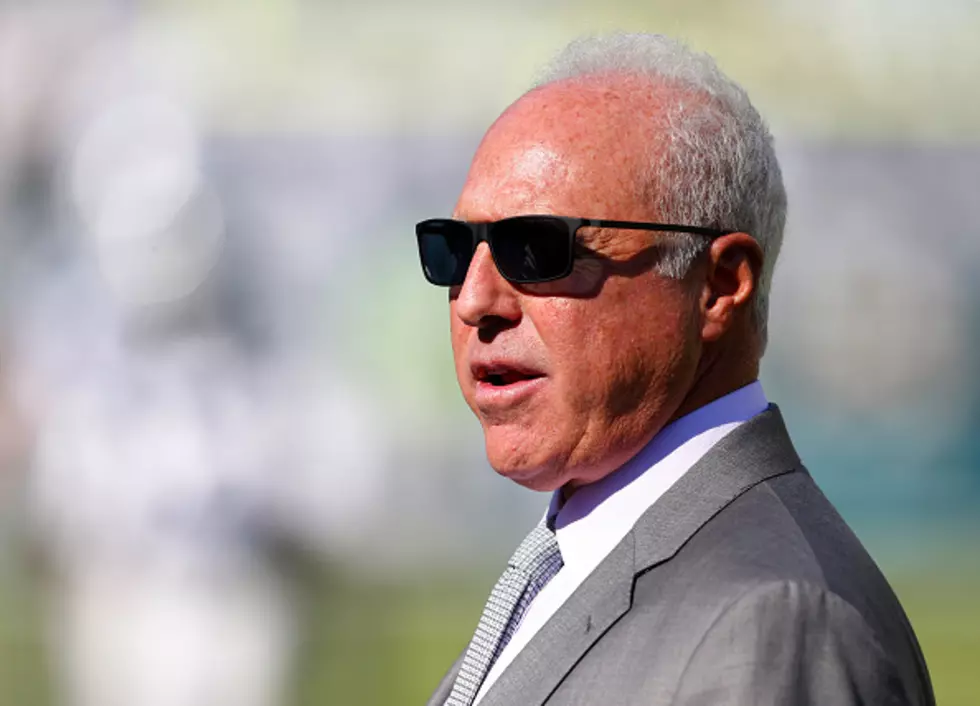
NFL Allows Emotion to Win
(973espn.com) - By all accounts, Jeffrey Lurie was a key part of getting the rest of the NFL on board with significant changes to the instant-replay system when it comes to the most challenging calls of all, offensive and defensive pass-interference penalties.
And the Eagles owner did it by tapping into the groundswell of emotion that got this on the docket in the first place after the egregious non-call late in the NFC Championship Game which more than likely cost the New Orleans Saints a berth in Super Bowl LIII.
“You’re asking people to devote their heart and soul...It’s not just [like] you’re manufacturing shoes," Lurie explained while discussing the issue at the annual NFL meetings in Phoenix. "If you’re asking people to deliver their emotions to the product you’re presenting, then you owe it to everybody."
Ironically if you asked Lurie about his business interests, which are obviously very personal to him, and whether he prefers to make decisions based on logic or emotion, it's pretty clear what side of the fence he would be on.
It's not like you can't make a solid decision if emotion is involved but a positive result occurs despite the emotion not because of it.
In this case Saints coach Sean Payton, a member of the NFL's competition committee, has been on a national whining tour every since his crushing loss to the Rams, evidently forgetting human error was also a major part of his Super Bowl ring in the form of the infamous Bountygate NFCCG when he and his then-defensive coordinator Gregg Williams were actually banned from the game for a bit for advocating and even encouraging players taking aim at Brett Favre, something that couldn't have happened if the Zebras had not swallowed the whistle on more than one occasion.
Forget the history lesson, though. This is about a tweak that is supposed to fix obvious miscues like the one the Saints suffered when the Rams' Nickell Robey-Coleman ran threw Tommylee Lewis before the ball arrived.
The old "if 100 drunks in a bar see it" litmus test worthy of Scientific America.
A couple of obvious issues arise from that kind of argument and the disingenuous narrative about getting things right: If the same play happened in Week 4 it's nothing more than local sports-talk fodder for a week until the next game. And if that is the case why are we changing the game based on the nature of a how high-profile a mistake is versus the mistake itself?
More so, how many similar plays did you see missed into the 267 NFL games and 19,000-or so plays last season? Now ask yourself how many ticky-tack OPI or DPI calls over those same number of plays sent local fans into a frenzied conspiracy theory in which Russia was likely involved in steering Park Avenue to hate their particular team?
Do you think those same 100 drunks fueled by the emotion of their favorite team losing because of an OPI or DPI call are going to be able to agree on where the line of egregious should be drawn?
The NFL is trying to fix a human error that was clearly an outlier by opening a Pandora's Box of new problems.
Coaches already hate it because their idea of a sky judge was ignored in favor of expanding the challenge system, meaning they have to make the decision to challenge a 50-50 PI call until the final two minutes and suffer all the second-guessing that accompanies that. From a fan's perspective, what's egregious in one city will be painted as the opposite in another depending on the color of their laundry.
This morning I tweeted that after all these years the league still doesn't understand the law of "unintended consequences" and one of the first likes the modest bit of wisdom received was from former long-time referee and current NBC rules analyst Terry McAulay.
The NFL hasn't fixed anything.
-John McMullen covers the Eagles and the NFL for 973espn.com. You can reach him at jmcmullen44@gmail.com or on Twitter @JFMcMullen
More From 97.3 ESPN
